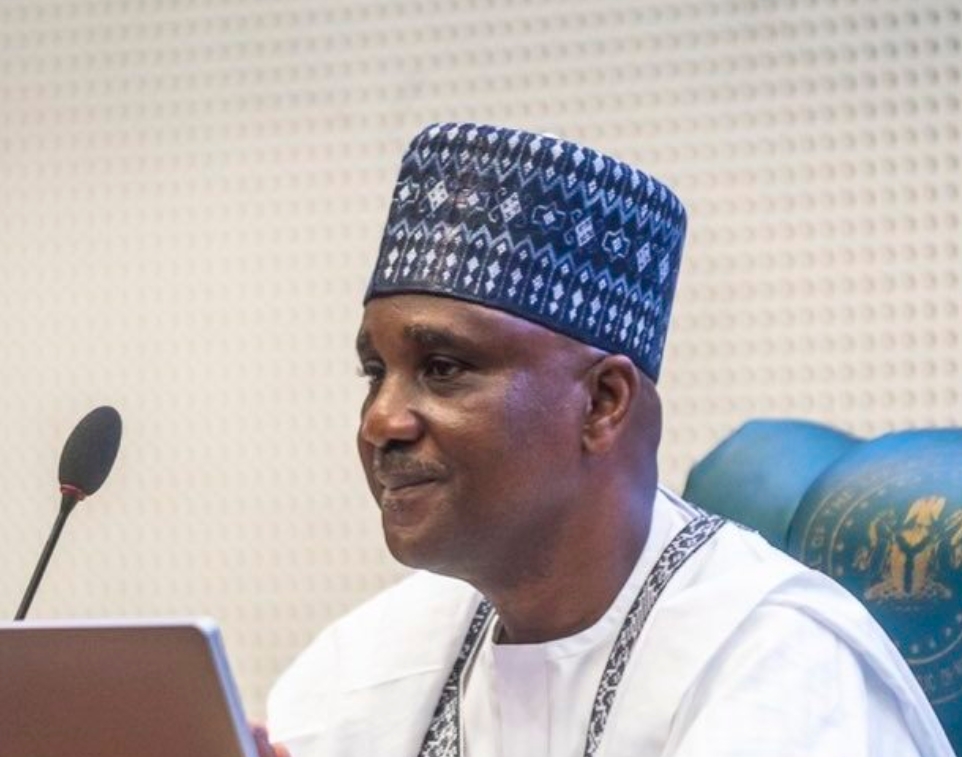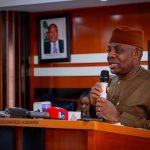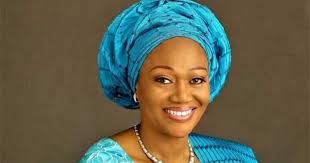Abbas: Reckless borrowing must stop — debt already above statutory ceiling

Abbas Tajudeen, the Speaker of the House of Representatives, has raised alarm over Nigeria’s rising debt profile.
He warned that it has crossed the country’s statutory threshold and now threatens fiscal sustainability.
He made the remarks on Monday at the opening of the 11th Annual Conference and General Assembly of the West Africa Association of Public Accounts Committees (WAAPAC), held at the National Assembly, Abuja.
The conference, which brought together parliamentarians from across West Africa, development partners, and financial experts, focused on the theme: “Strengthening Parliamentary Oversight of Public Debt: The Role of Finance and Public Accounts Committees.”
Abbas said Nigeria’s debt had reached a critical point and called for urgent reforms in borrowing practices and oversight.
“As at the first quarter of 2025, Nigeria’s total public debt stood at N149.39 trillion, equivalent to about US$97 billion. This represents a sharp rise from N121.7 trillion the previous year, underscoring how quickly the burden has grown.
“Even more concerning is the debt-to-GDP ratio, which now stands at roughly 52 percent, well above the statutory ceiling of 40 percent set by our own laws.”
He described the breach of the debt limit as “a signal of strain on fiscal sustainability,” stressing the need for “stronger oversight, transparent borrowing practices, and a collective resolve to ensure that tangible economic and social returns match every naira borrowed.”
Abbas also warned that across Africa, several countries are already in dangerous debt-to-GDP territories, with governments spending more on servicing loans than on healthcare and essential services.
“This is not just a budgetary concern, but a structural crisis that demands urgent parliamentary attention and coordinated reform,” he said.
To address these risks, Abbas announced that Nigeria is prepared to champion the establishment of a West African Parliamentary Debt Oversight Framework under WAAPAC.
The framework, he explained, would harmonise debt reporting across the sub-region, set transparency standards, and empower parliaments with timely data to scrutinise borrowing practices.
He also disclosed plans for a regional capacity-building programme for Public Accounts and Finance Committees to equip members with modern tools for debt sustainability analysis and fiscal risk assessment.
While cautioning against reckless borrowing, Abbas stressed that loans must be channelled into productive sectors.
“Borrowing should support infrastructure, health, education, and industries that create jobs and reduce poverty.
“Reckless debt that fuels consumption or corruption must be exposed and rejected. Oversight is not just about figures, but about the lives and futures behind those figures,” he said.
The Speaker reiterated the commitment of the 10th House of Representatives to transparency and accountability.
He said that under its Open Parliament policy, major borrowing proposals would be subjected to public hearings, while simplified debt reports would be made available to citizens.
Tinubu’s Debt Profile
Since President Bola Tinubu assumed office in May 2023, Nigeria’s debt has risen sharply.
The debt is fuelled by fresh domestic borrowings, securitisation of overdrafts from the Central Bank, and foreign loans aimed at financing budget deficits.
At the end of June 2023, the Debt Management Office (DMO) placed the country’s public debt at ₦87.38 trillion, up from ₦49.85 trillion in March of the same year, following the inclusion of CBN’s Ways and Means advances.
By December 2024, the figure had jumped further to ₦121.7 trillion, reflecting continued borrowing under Tinubu’s administration.
The increase has been attributed to efforts to plug revenue shortfalls, fund infrastructure, and cushion the effects of fuel subsidy removal.










